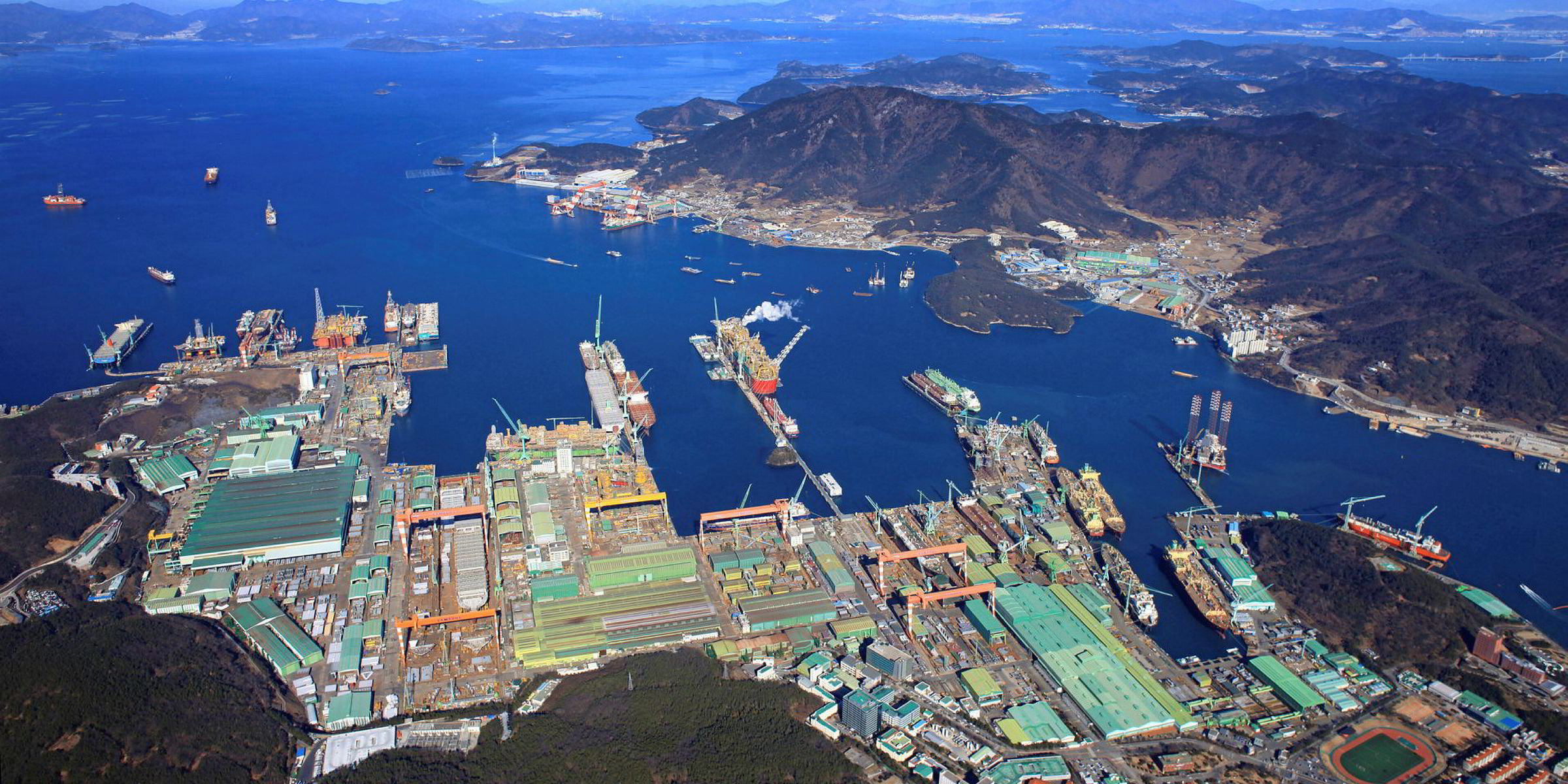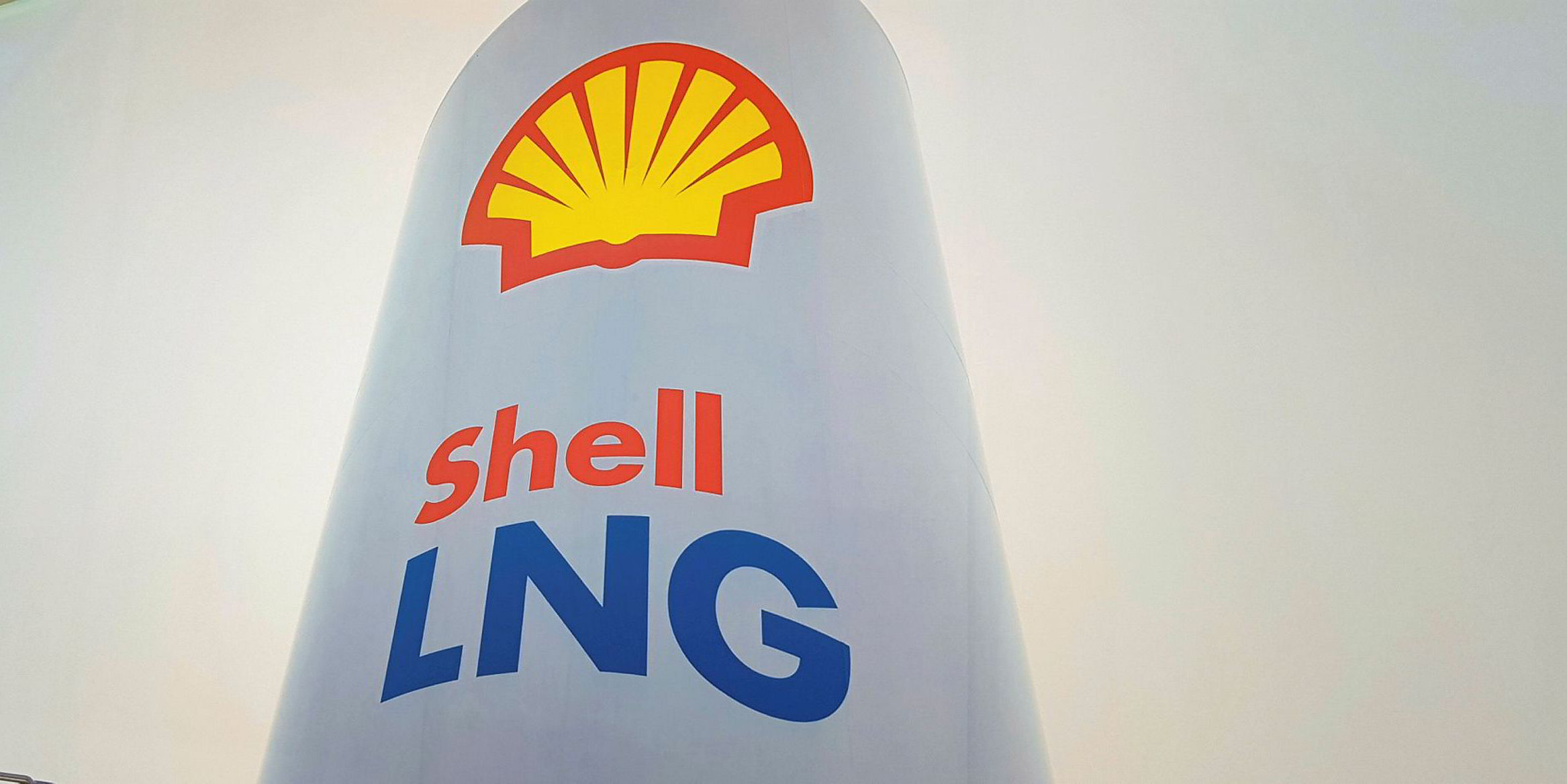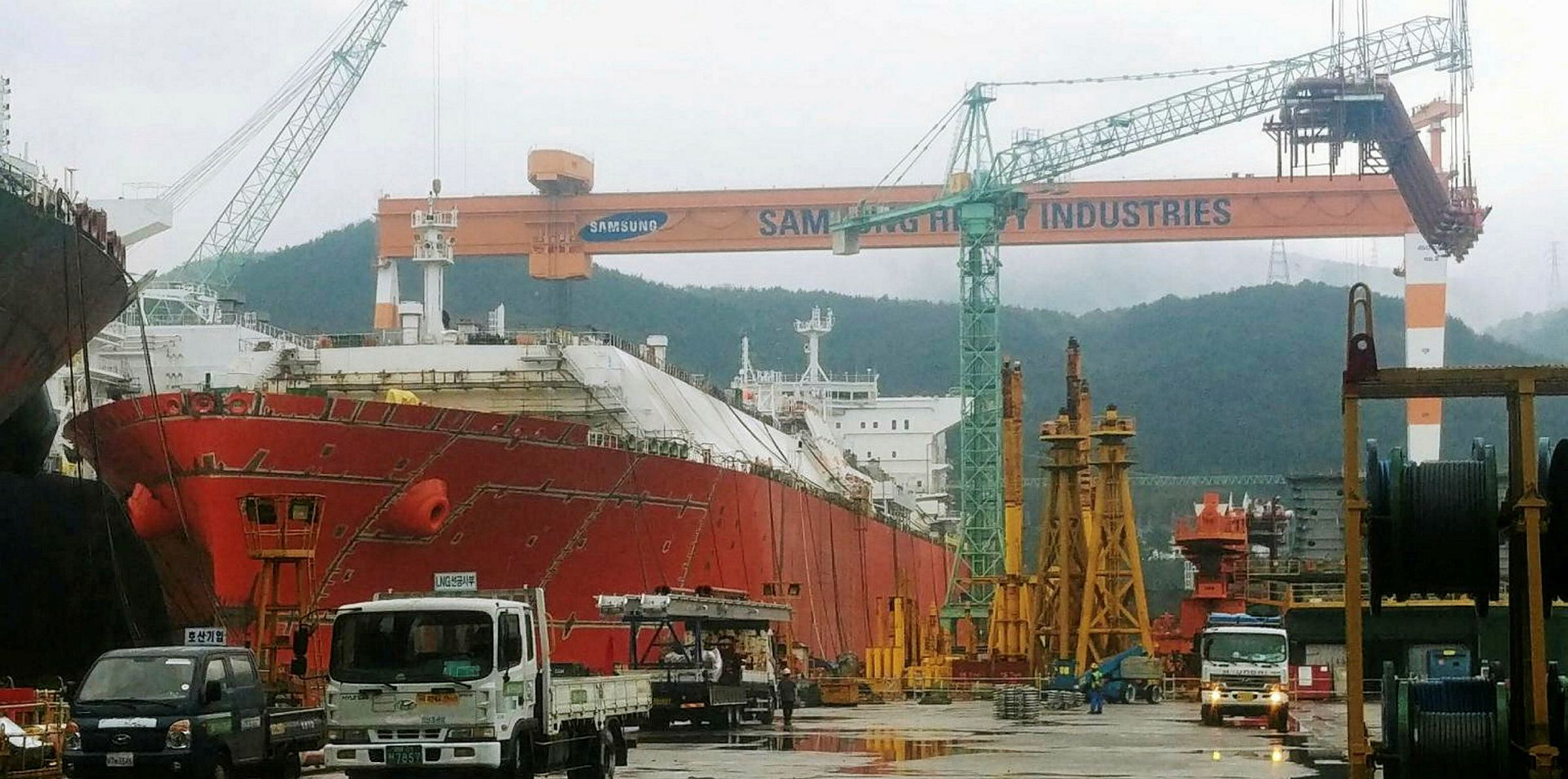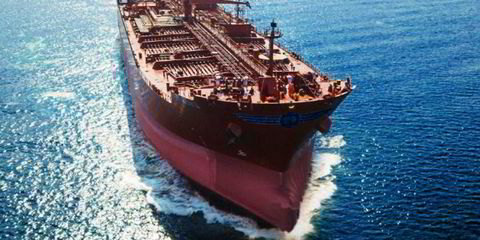South Korean shipowner Sinokor Merchant Marine has finally paid an outstanding deposit on a series of 10 LNG-fuelled, LR2 tanker newbuildings at Samsung Heavy Industries.
Market talk has been swirling for some time about the shipbuilding contracts and whether the orders were fully firm.
Brokers who have spoken to the companies involved in the deal said the cash was paid before the end of July.
Sinokor contracted the 113,000-dwt tankers in August 2019.
The newbuildings are priced at around $62m each and are due for delivery in 2021.
At the time, Shell confirmed the charters on the ships, saying its subsidiary Shell Tankers (Singapore) had agreed a long-term deal to charter a fleet of 10 LNG dual-fuelled aframax crude oil tankers from Sinokor Petrochemical Co.
Sinokor was also said to be sitting on a further five optional berths at the yard, although it is expected that these will have since expired.
SHI quartet
But mystery continues to surround Sinokor’s four LNG carrier orders at SHI.
One broker reported the LNG ship requirement has been slimmed to a single vessel, while another suggested that equipment has only been ordered for two of the original four newbuildings.
Some are linking the payment on the aframax vessels to a possible change in the number of LNG carriers the South Korean company is committing to.
Sinokor has been contacted about these orders.
The LNG carrier quartet was ordered in February 2019, apparently on speculation. Originally two of the vessels were listed for delivery dates in 2021, with the subsequent pair scheduled for handover the following year.
But this week, brokers said that while Hull No 2315 through to Hull No 2318 continue to show for the ships on a range of databases, the delivery dates for all the newbuildings appear to have shifted to 2022.
Sinokor, which has built up a large fleet of secondhand LNG carriers, has a history of reversing out of LNG newbuilding orders.
In 2014, the shipowner ordered two LNG newbuildings at DSME while in the process of chasing domestic time-charter business.
A year later, it flipped the contracts into four VLCCs. But the yard later cancelled two of the ships when relations with the owner soured, opting to build the remaining pair for its own account and selling them at a profit.






